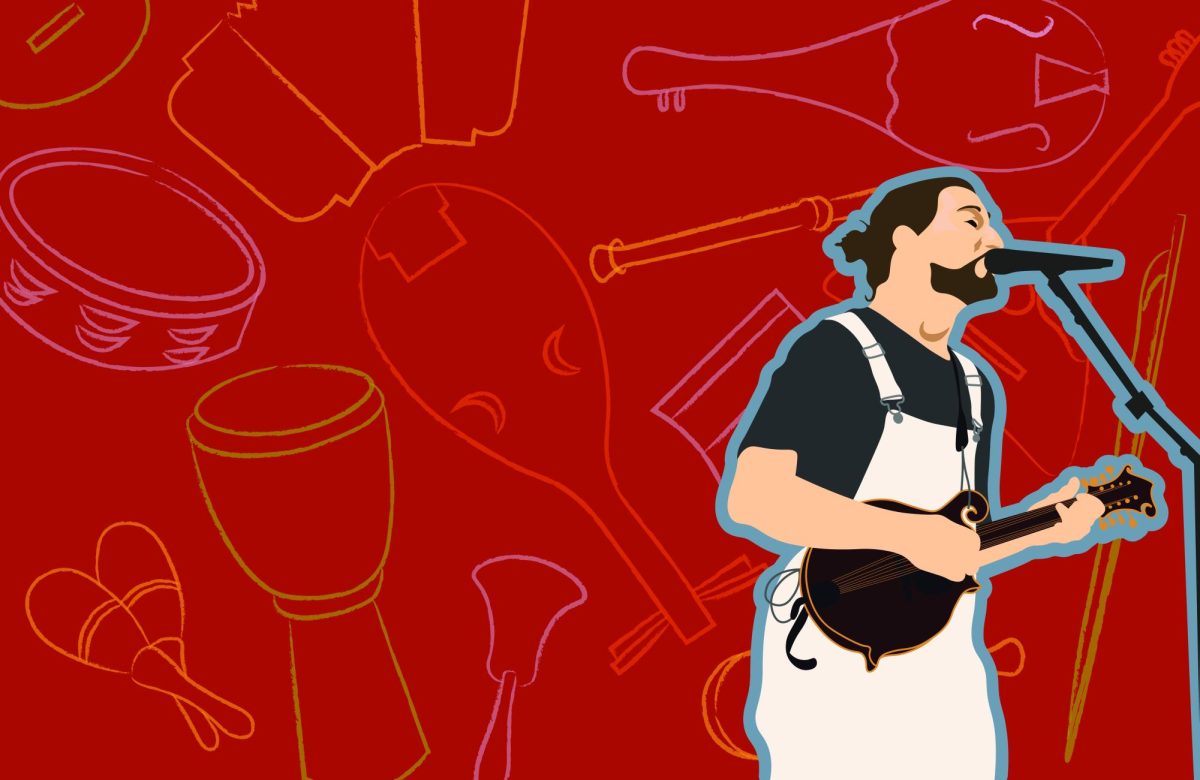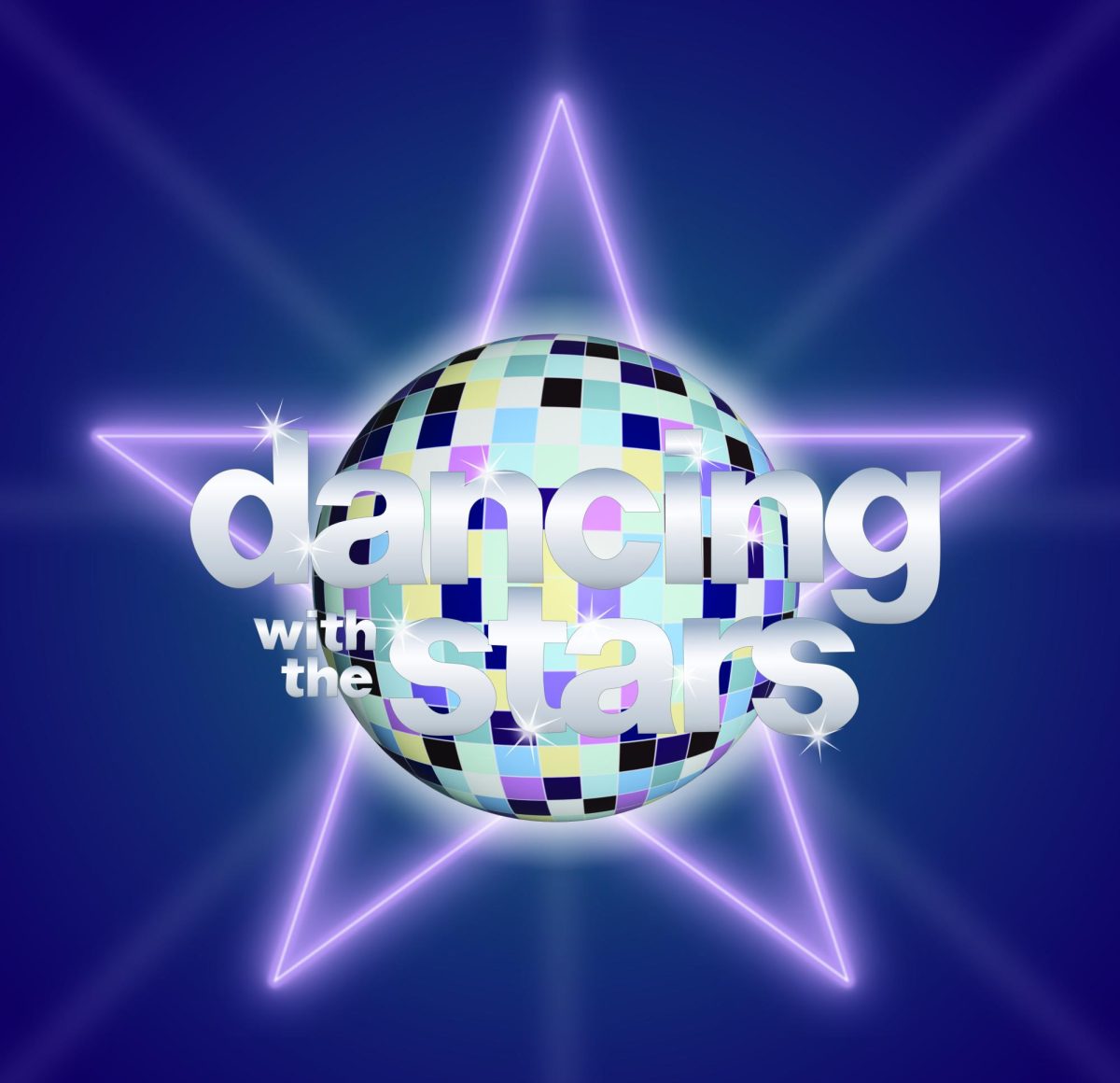Editor’s note: The following article contains discussions of sexual violence and assault.
Sex-positive feminism has accomplished a lot in the last few decades. It has normalized female pleasure in sex, increased sexual education in schools and encouraged sexual exploration. It has also led to a rise in porn addiction, kinks being non-consensually implemented and the gradual standardization of hookup culture.
As previously unusual kinks like choking grow in popularity, the safety concerns and proper consent have fallen to the wayside. Since it is now often seen as a standard part of sex, consent for choking has become increasingly considered an implied part of the partner’s general consent to any form of sexual relations.
Many women find themselves going along with it, even when it’s a practice they’re not at all interested in, just because it’s now seen as a prerequisite for the younger generations. Choking without the necessary knowledge, conversations, nonvocal safe words and self-restraint can become extraordinarily dangerous even when consent is given.
Kent State does an excellent job of promoting safe sex practices, from its Sex Week events to the regular SRVSS programming, but it fails to acknowledge what most people fail to acknowledge: As we lean further into this idea of radical sexual acceptance, we open the gate wider for unhealthy sex under the guise of being sex positive.
It also allows for more creative defenses for rapists and sexual offenders.
We Can’t Consent to This is a U.K.-based organization that is pushing for legislative protections for women who were killed during some form of rough sex that they allegedly consented to. So far, they have a running count of 60 women in the U.K. alone whose murderers have used the “rough sex” defense.
In many of these cases, the women were brutalized, their bodies hidden for days or weeks, or the offender already had a criminal record related to violence or sexual assault. While some were sentenced with murder, many are serving only a few years, having been charged with manslaughter.
Strangulation and these extreme, violent situations are just one piece of the puzzle, however.
As we blindly support sex work in any shape or form, believing we’re supporting a woman’s bodily autonomy, we’re often contributing to sex trafficking and the abuse of porn stars and other sex workers, especially in a country where porn and prostitution go almost entirely unregulated.
Sex workers should be protected, but with this drastic push towards acceptance of sexual preferences in all forms and the emergence of a digital age of sex work over the last few decades, the U.S. has put itself in a situation where porn and forms of prostitution are more available than ever before, while providing little to no legal protections for those involved.
As part of the idea of full sexual liberation, the argument that sex workers do what they do out of a willing, informed choice has become more and more popular. For most of them, however, this is not true.
My issue does not lie with kinks, fetishes, sex work or pornography, but the unwillingness to reanalyze the safety and the protection of these vulnerable populations in our eagerness to always view sex through the lens of a fully shameless experience and an individual’s right to do what they wish.
One person’s sexual pleasure cannot justify the harm and exploitation of millions.
For college students, about 70% of which consume porn on a regular basis, it has the capability of warping our idea of what sex should look like, and even more importantly, the role that violence should play in sex.
It’s far from an uncommon experience to open up Tinder or Instagram and be greeted with thinly veiled threats of violence as an initial message. Believe it or not, being expressly told that some man I’ve never talked to before wants to tie me down is not a good first impression.
As violent and non-consensual scenes become more common in porn, and our culture is pushing us to do more, more, more in the bedroom, it’s no surprise that cheesy pickup lines have turned into explicit descriptions of violent or sexual acts.
I love what sex positivity has done for encouraging consent and publicly teaching safe sex practices. I love what it’s done for my personal body image and sexuality. I love that it’s taken away much of the stigma from healthy sexual behaviors.
The idea of sex positivity itself isn’t the issue, but it’s rather the burgeoning culture surrounding it that’s constantly pushing for acceptance for anything related to sex, as long as it can sometimes be done safely or is generally consensual. The reality is, choking without consent should not be normalized. Watching copious amounts of porn is not healthy. Sex workers should be supported through decriminalization and regulation of the industry – not a loud cheer and a thumbs up from the sidelines as they continue to be harmed and exploited.
Those who like rough sex and have different fetishes should be allowed to explore those without shame, but they shouldn’t be viewed as the standard or assumed to be permissible with anyone who consents to sex.
We’ve laid the foundations for a freeing view of sex and relationships, but without a comprehensive sex education or a reevaluation of what is healthy and what is not, we’ll continue allowing for more abuse, assault and exploitation.
We need to place more value on human lives and a bit less on sexual satisfaction.
Virginia Doherty is an opinion writer. Contact her at [email protected]




